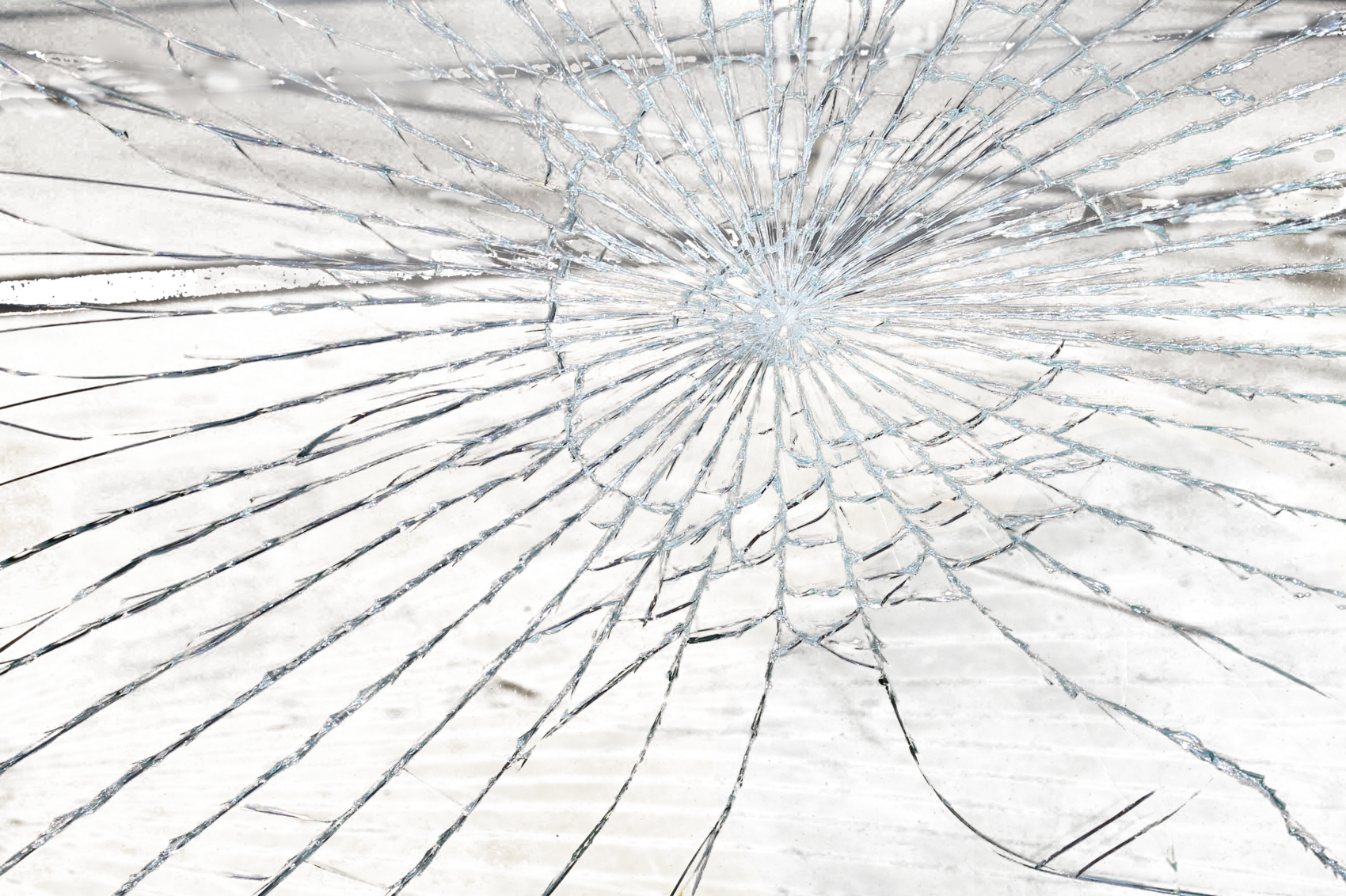
Hunger
Words By Katy Mullins, Art By Matthew Priest
It starts in the basement after your father’s death. Your mother saves wrapping paper from the first Christmas without him, folding it tenderly and placing it in plastic bags from Shop ‘N Save, tucking each one onto shelves next to the water heater. Clear bins appear next, piled beside the door, stuffed with newspapers and dried pens, worn toys and broken light bulbs. Books and shoes and folders of old receipts begin to climb the basement stairs, narrowing the path to single file, forcing your slim frame sideways to slip through.
The kitchen goes next. Cookbooks elbow for counter space. Silverware jams the cabinets. Half empty dish detergents line up along the windowsill like a blue army, open caps ready for salute. Your father’s chair, where he sat on quiet mornings with hot coffee and the crossword, is lost under loose grocery bags, browned onions, and potatoes with green sprouts.
You search for a snack, reaching high into the pantry, only to find empty cans of tomato sauce and rice spilled across the wood. You run your fingers along the top, appetite gone. You want to throw all the garbage to the floor and make space for your father’s memories. You want to throw open the windows, feel a breeze, dance with your mother the way you used to on warm summer nights. Instead, you wrap your arms around your chest, swallow those moments, suck your growling stomach in, and squeeze through the room.
We need to save these, your mother says, crinkling coupons into drawers; can’t let this go, she says about an old coffeepot, placing it on a stack of boxes in the dining room. Half-melted candle stumps scatter across the table among parts of shattered plates, potholders, and a menagerie of animal-shaped saltshakers. Don’t throw this out, she says, grabbing a splintered picture frame from your brother, tucking it high on the bookshelf where the spider-web crack throws fractured light around the living room.
One day, you trip over an old space heater, bending your toenail backward into a purple fold. She rushes to you, but not for your screams, or for the bruise blossoming under your nail. She examines the heater, delicate fingers, tender touch. Be more careful, she says. We might need this when winter comes. You reach down, wrapping your fingers around the heartbeat in your toe, and swallow hard against the howl rising up in your throat.
Like untrimmed hedges, the walls in your house begin to close in, lined with bicycle spokes and rubber tires, buckets and mops. The bathtub holds puzzles and old VHS tapes. You stop showering. Paint cans and tote bags pace the hallway to your room while lawn chairs loom in the doorway. You no longer close the door. Mugs and blankets and crushed cans of soda create peaks on your mother’s bed. You see her sleeping in a valley no wider than the breadth of her shoulders.
The house cannot breathe, you say one morning as waffles pop out of a toaster. But what you mean is you can no longer catch your breath, buried under all your mother cannot let go. Already you curl your knees to your chest, locking them in place with your elbows to escape the swell of clutter on the floor. You avoid the syrup on your plate, because you’re afraid that if you continue to grow, you will no longer fit through the labyrinth of your home, and the house will grab you from the sides and never let you free.
Are you full? your mother asks, pouring the syrup from your plate back into the faded bottle. She scrapes a fork along the plate, harvesting the last drops.
You can’t take it, can’t listen to the tines of the silverware on ceramic, can’t watch the tears of syrup collect in the bottom of the bottle. She lifts the fork again and—you cannot stop yourself—you stand, grab the syrup, and hurl it at the window with all your might.
Glass shatters. Your mother is still. She stares at you, fork and plate lofted, thin drizzle of syrup on the countertop.
She says something. You do not hear. You are far away. You close your eyes, breathing deeply, hungry for every sigh of fresh air that drifts through the broken pane.